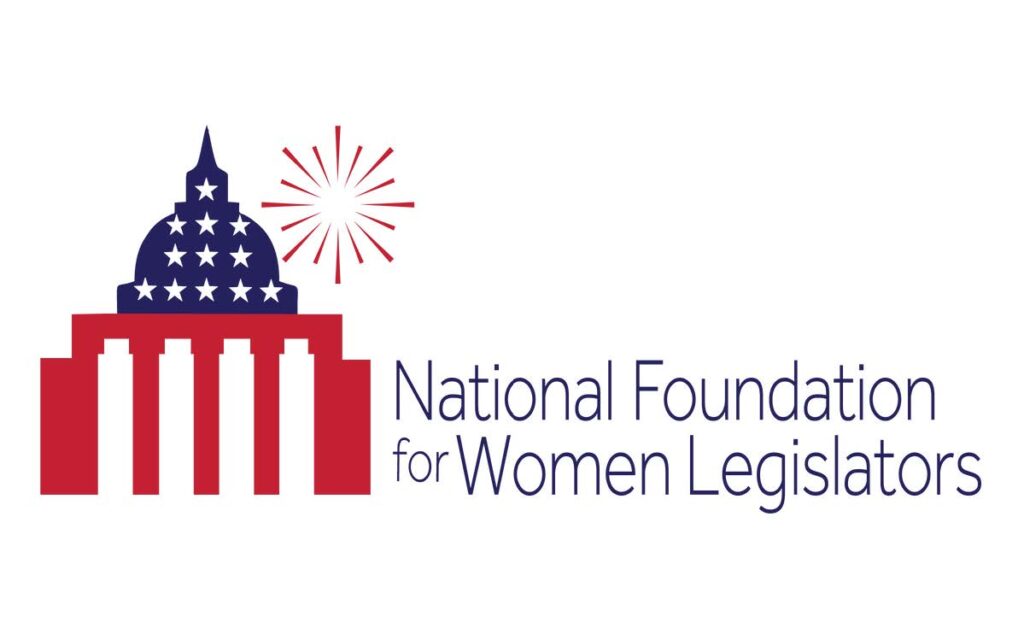EVIDENCE-BASED POLICYMAKING

Evidence-based Policymaking: A Guide for Effective Government — a new report by the Pew Results First Initiative—outlines the first comprehensive framework that policymakers can follow to build a system of evidence-based governing. By leveraging the power of this approach, governments can reduce wasteful spending, expand innovative programs, and strengthen accountability.
The report presents five key components to implementing evidence-based policymaking:
– Program assessment
– Budget development
– Implementation oversight
– Outcome monitoring
– Targeted evaluation
Helpful Links and Resources
How States Engage in Evidence-Based Policymaking: This first-of-its-kind report assesses the landscape of evidence-based policymaking across the country and categorizes each state’s engagement in this work within four policy areas (behavioral health, child welfare, criminal justice, and juvenile justice).
Legislating Evidence-Based Policymaking Issue Brief: The brief is a look at state laws that support data-driven decision-making.
A Common language for Evidence-Based Programming: Results First staff created definitions that classify evidence-based programs into discrete categories according to the program’s impact: positive impact, no impact, and negative impact. These definitions may be particularly helpful to government leaders interested in using evidence to inform decisions by providing a common language for understanding the effectiveness of evidence-based programs.

